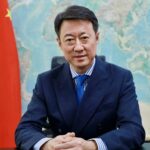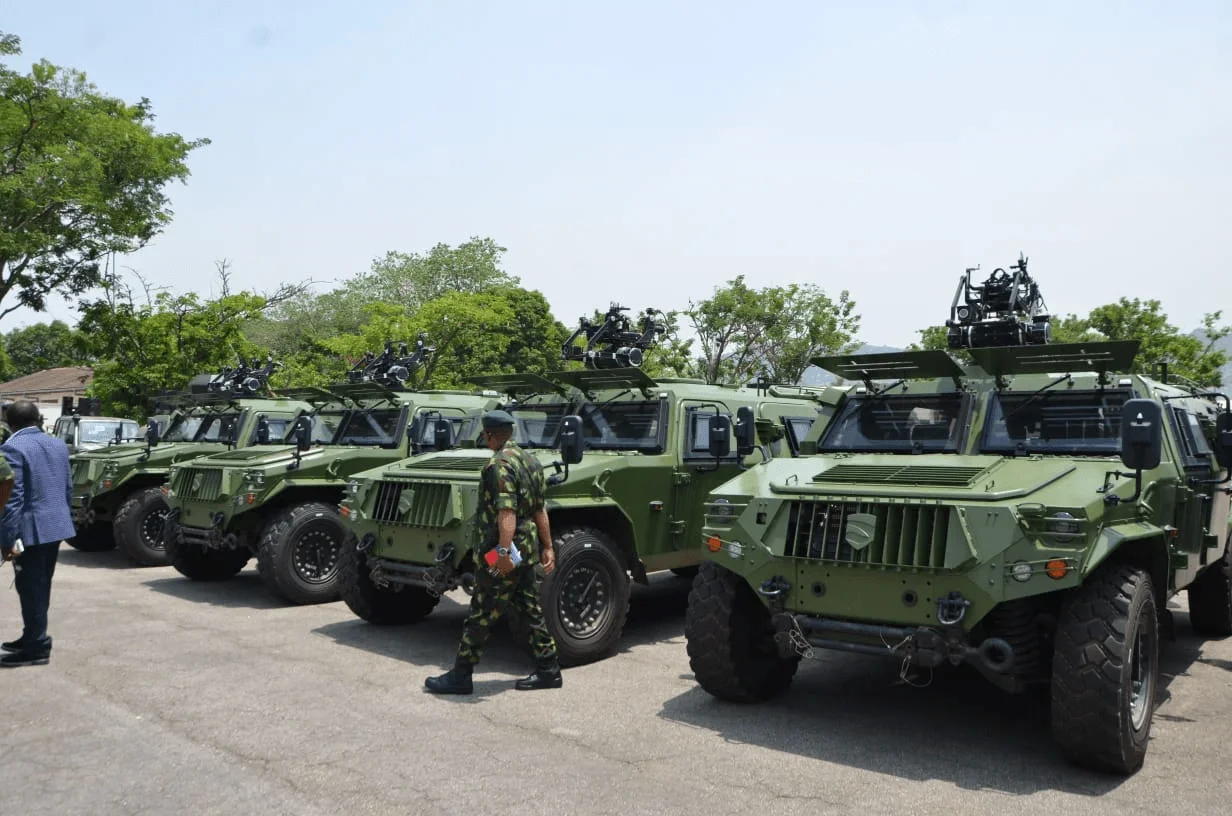By Sumaila Ogbaje
A Defence and Security Tech Expert, Zulaykhah Aileru, has called on the Federal Government to prioritise local production of military equipment rather than depending heavily on foreign suppliers.
Aileru, a Certified Protection and Security Professional (PSP, CPP), made this call in her opinion titled, “Africa’s Defence Dilema” made available to the News Agency of Nigeria (NAN), on Tuesday in Abuja.
She said the continent’s prolonged reliance on arms imports had hampered technological growth, drained economic resources, and compromised national sovereignty.
According to her, in spite of spending billions of dollars on defence in the past decade, much of Nigeria’s security procurement still came from foreign original equipment manufacturers (OEMs), leaving the country vulnerable in times of crisis.
Aileru said that during Nigeria’s peak conflict with Boko Haram, the country struggled to acquire essential weapons after the United States refused to sell due to human rights concerns.
“From 2016 to 2022, Nigeria spent nearly 20 billion dollars on defence and security, largely on foreign procurement. In just the first quarter of 2025, arms imports exceeded ₦22.7 billion.
“At a moment of urgent need, we were left scrambling. This is the risk of overdependence on foreign allies for critical national defence,” she said.
Aileru said Nigeria had begun to lay the groundwork for a domestic defence industry through Executive Order 5, which directed all Ministries, Departments and Agencies to prioritise indigenous technologies and local content.
She noted that this policy had led to fresh partnerships between the Ministry of Defence and private sector innovators, as well as renewed investments in institutions like DICON, NASENI, and NOTAP.
“The real momentum is coming from public-private partnerships.
“Today, some of Nigeria’s most advanced defence solutions, from drone surveillance to smart armour are coming from local companies,” she said.
Aileru, however, identified structural challenges such as lack of transparency in procurement, weak intellectual property protection, slow testing approval cycles and limited financial incentives for local defence entrepreneurs.
She advocated tax breaks, export credits, and streamlined regulatory frameworks to boost indigenous capacity and attract investment into the sector.
She added that a homegrown defence ecosystem would reduce external risks, retain economic value, and allow faster innovation in response to threats like insurgency, piracy, and cyber warfare.
“No sovereign nation should outsource its security entirely. Industrial sovereignty is non-negotiable.
“Africa is no longer asking whether we can build our own defence technology. That question has been answered. The real question is: will we act?” she added.
Aileru urged policymakers to view defence industrialisation not just as a security need but as a vehicle for economic transformation and continental stability. (NAN) (www.nannews.ng)
Edited by Sadiya Hamza












